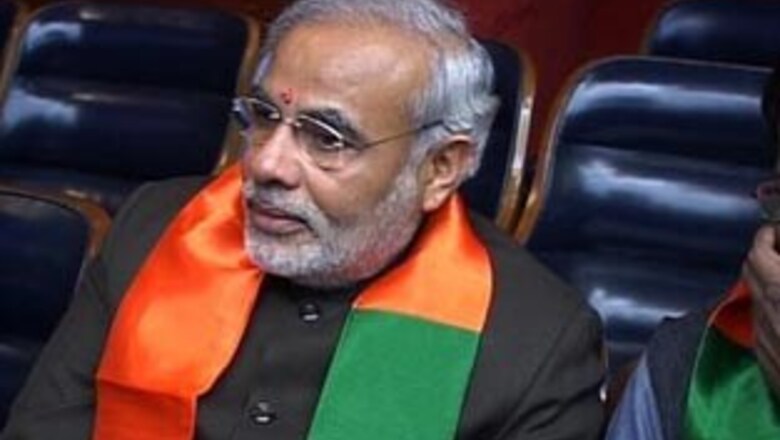
views
New Delhi: Union Finance Minister Pranab Mukherjee and Gujarat Chief Minister Narendra Modi today had a spat during the conference on food prices here after the former accused Modi of politicising the issue of sale of wheat and rice at concessional rates.
Mukherjee intervened at the Chief Ministers' conference on prices when Modi was slamming the Centre for its policies and questioning the fulfilment of their election promises on sale of wheat and rice at Rs 3 per kg for below poverty line people.
The Union Minister accused Modi of politicising the issue and the Gujarat Chief Minister, in turn, said there was no politics in asking the Centre about its promises, sources said.
When asked about the spat later, Modi told reporters, "I am only asking them to meet at least their election promise.
Earlier, Prime Minister Manmohan Singh on Saturday said the war on prices had only met with partial success, but assured the people the worst was over on curbing India's annual food inflation that has spiralled to more than 17 percent now -- an assertion citizens were reluctant to accept.
"While we did well to protect incomes, we have been less successful on food prices," the Prime Minister told a conference of chief ministers here, convened specifically on the issue of tackling rising prices, especially of essential commodities.
"Let me say, in the end, that I believe the worst is over as far as food inflation is concerned," Manmohan Singh added while outlining the steps taken by his government to tackle prices, such as additional food allocation for distribution through fair price shops.
"Food prices have softened in recent weeks and I expect this to continue."
But households were unwilling to buy the prime minister's assertion, saying they were still paying double the price for some items of daily need like milk, sugar and lentils than what they had to a year ago.
The Prime Minister, nevertheless, told the conference that long-term interests demanded more attention on factors that result in low productivity. "It is well known that for many crops, including pulses that are in short supply, large increases in yield per hectare is possible."
At the same time, he also urged state governments to invoke their respective Essential Commodities Maintenance Acts to prevent hoarding and take strict action against those creating artificial scarcity and fanning inflationary expectations.
Manmohan Singh said the Chief Ministers must also remove all existing curbs on the processing of imported raw sugar, as some states like Uttar Pradesh had banned the entry of raw sugar into mills.
The Prime Minister also said that the public distribution system needed to be strengthened on an urgent basis.
"I think that our distribution system is hopelessly outdated and needs complete overhaul. The state governments should give focussed attention on developing marketing intervention mechanisms which can act as supplement to the public distribution system."
The day-long meeting came against the backdrop of India's annual food inflation ruling sharply higher at 17.56 percent, with prices of potatoes and pulses nearly 50 percent higher over the past year, rice up 11 percent, wheat 16 percent and milk 14 percent.
The Chief Ministers' conference also comes a day after Agriculture Minister Sharad Pawar came in for criticism at the Congress Working Committee (CWC) meeting here with some members raising questions over his remarks predicting rise in prices of some items.
Congress party sources said though no member named Pawar directly, they said his remarks about possible rise in prices of some essential commodities such as sugar and milk were unwarranted and against the government's agenda of reassuring people.
Chief Ministers of many non-Congress ruled states came down heavily on the issue of price-rise, with Karnataka's B.S. Yeddyurappa saying it was unfortunate the states were being blamed for the union government's inaction.
In a similar vein, Kerala Chief Minister V.S. Achuthanandan and his counterpart in Gujarat Narendra Modi said the price-rise was due largely to the failure of the union government in improving the supplies of essential commodities like rice, wheat and sugar.











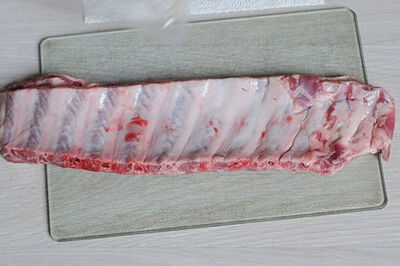
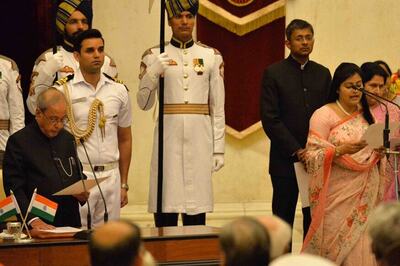
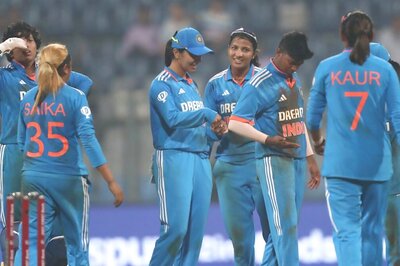


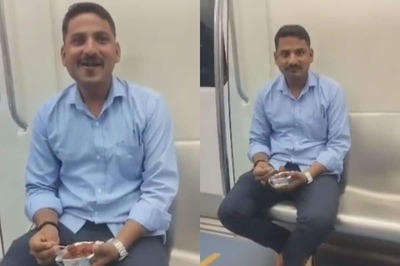
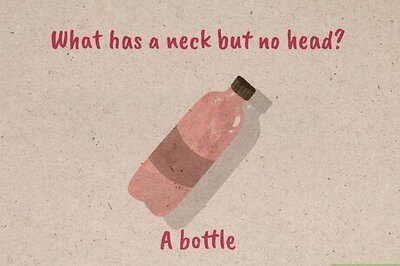


Comments
0 comment